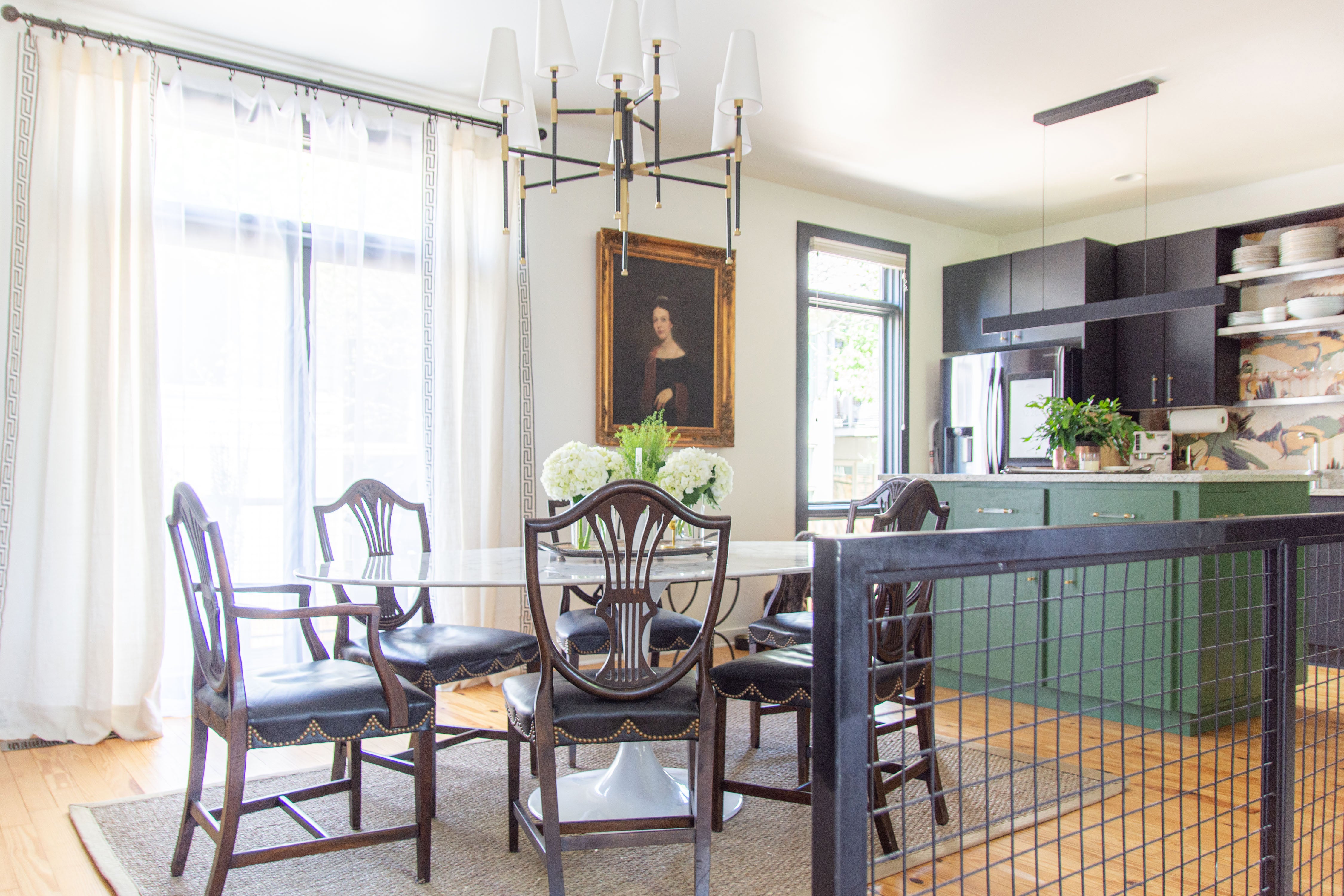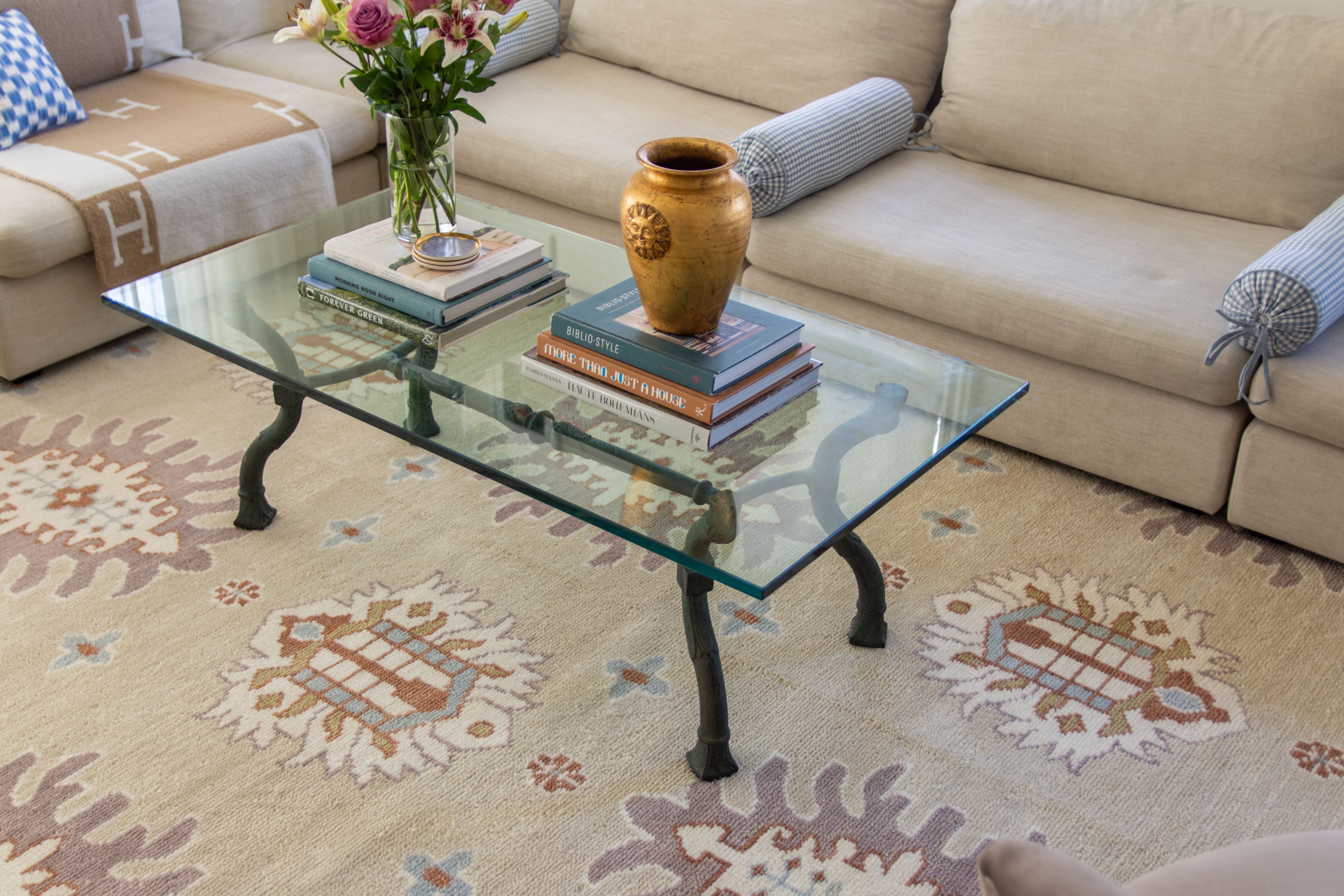Buying a Fixer-Upper? This Guide Is for You

Are you considering purchasing a fixer-upper? Whether you're drawn to the charm of restoring an older home or seeking an investment opportunity, buying a property that needs some work can be a rewarding challenge. In cities like Pittsburgh, with its rich history and diverse architectural styles, fixer-uppers offer a unique chance to customize a home exactly to your tastes. In this blog, we will share essential tips and considerations to help guide your journey, ensuring you’re prepared for what lies ahead.
Understanding What You're Getting Into
Taking on the purchase of a fixer-upper requires a clear understanding of what the process entails. It's important to differentiate between cosmetic fixes, like paint and flooring, and structural repairs, which can include major overhauls of plumbing or electrical systems. Start by conducting a thorough inspection with a qualified professional who can help identify potential problems and the extent of the necessary renovations. This initial step will help you determine whether the investment is worthwhile and assist in preparing an accurate budget and timeline for the project.
Upgrading Bathroom Fixtures
Updating the bathroom can significantly improve both the functionality and aesthetic appeal of the home. Modern bathroom fixtures not only add a touch of luxury but are also designed to conserve water. A new shower system, in particular, can completely transform an outdated bathroom into a modern, spa-like space. This upgrade is not only a daily luxury but can also resolve underlying plumbing inefficiencies. For homeowners considering this type of upgrade, researching Pittsburgh showers online can help find the best local experts for the installation.
Assessing Electrical Systems
The electrical system in an older home can often be a deal-breaker. Fixer-uppers may have outdated and potentially hazardous wiring that does not comply with today's safety standards. A complete electrical assessment should include checking the condition of the fuse box, the adequacy of the system to handle modern appliances, and the presence of aluminum wiring, which can be a serious fire risk. Upgrading the electrical system can be expensive, but it is essential for safety and functionality. Make sure that any necessary upgrades are factored into your budget. Also, addressing these issues early in the renovation process can prevent costly repairs.
Evaluating the Plumbing System
Plumbing is an integral part of any home, often hidden behind walls and under floors, making it challenging to assess without professional help. In older properties targeted for renovation, it's essential to thoroughly evaluate the plumbing to avoid unexpected issues later. Consider hiring a professional plumber to inspect the entire system. They can identify potential problems such as old piping materials, leaks, or inadequate water pressure.
Considering the Roof’s Condition
The roof protects the house from the elements and can significantly impact the property's overall condition and appearance. Inspecting the roof should be a priority when considering a fixer-upper. Look for missing, loose, or worn shingles, signs of water leakage in the attic, and poor insulation. In many cases, older roofs may require a complete replacement rather than just repairs. Given the potential for water damage to dramatically increase renovation costs and timelines, understanding the scope of roofing work required helps in budgeting accurately.
Checking for Structural Integrity
The structural integrity of a fixer-upper is non-negotiable. Foundation issues can be some of the most costly to repair and pose serious risks to the building's safety and longevity. Check for cracks in the foundation, uneven flooring, and doors or windows that don’t close properly. These can be indicators of significant structural problems. Hiring a structural engineer to inspect the property can provide a clear picture of any major issues that need addressing. Ensuring the building is structurally sound before proceeding with other aesthetic improvements is essential for a successful renovation.
Budgeting for Renovations
One of the key aspects of tackling a fixer-upper is establishing a realistic renovation budget. This budget should include not only the estimated cost for visible repairs but also a contingency fund to cover unexpected expenses that are common in renovation projects. Unforeseen issues often arise once walls are opened and floors are lifted, revealing problems like hidden water damage or pest infestations. By financially preparing for these possibilities, you can maintain the viability of your project and prevent costly delays.
Getting the Right Permits
Navigating the permitting process is essential for any renovation project, particularly with fixer-uppers that require significant structural changes. Researching and obtaining the necessary permits can be time-consuming but is critical for ensuring that all renovations are legal and up to code. The lack of proper permits can lead to fines and added costs down the line, especially when it comes time to sell the property. Start this process early by visiting your local building authority or consulting with your contractor to identify what permits are needed.
Hiring Reliable Contractors
The success of your fixer-upper project largely depends on the contractors you choose. It’s important to hire skilled professionals who are experienced in renovating older homes and can offer realistic insights and solutions to complex renovation challenges. Seek recommendations from friends or professionals, check reviews, and conduct interviews. Make sure your contractors are licensed and insured—this will protect you against liability and guarantee a higher standard of work.
Designing with Resale in Mind
While personalizing a fixer-upper can be rewarding, keeping potential buyers in mind is important if you plan to sell in the future. Make design choices that will appeal to a broad audience. Opt for neutral colors, high-quality materials, and classic fixtures. These choices help ensure the home remains appealing to future buyers, regardless of their personal style.
Planning for the Long Term
Investing in high-quality materials and durable solutions not only improves the immediate aesthetics and function of your fixer-upper but also contributes to its long-term value. Select materials that are known for their longevity and require low maintenance. This approach not only contributes to a decrease in future repair costs but also adds to the overall marketability of the home.
Conclusion
Buying a fixer-upper can be a gateway to owning a home that truly reflects your personal taste and lifestyle needs, especially if you're ready to tackle the challenges with patience and planning. As you consider this path, think about the satisfaction of transforming a space with your own hands, where every improvement not only builds equity but also personal pride. With a solid strategy and a keen eye for potential, your efforts to revive a fixer-upper can yield a home that's both a financial and personal asset.









